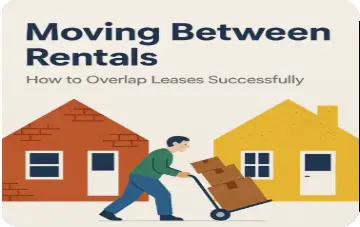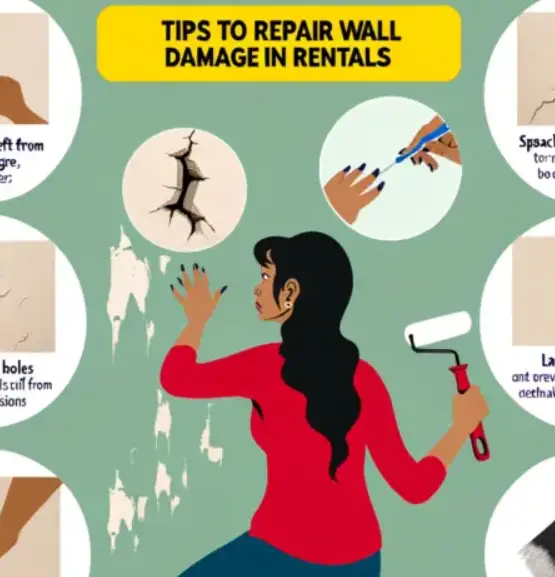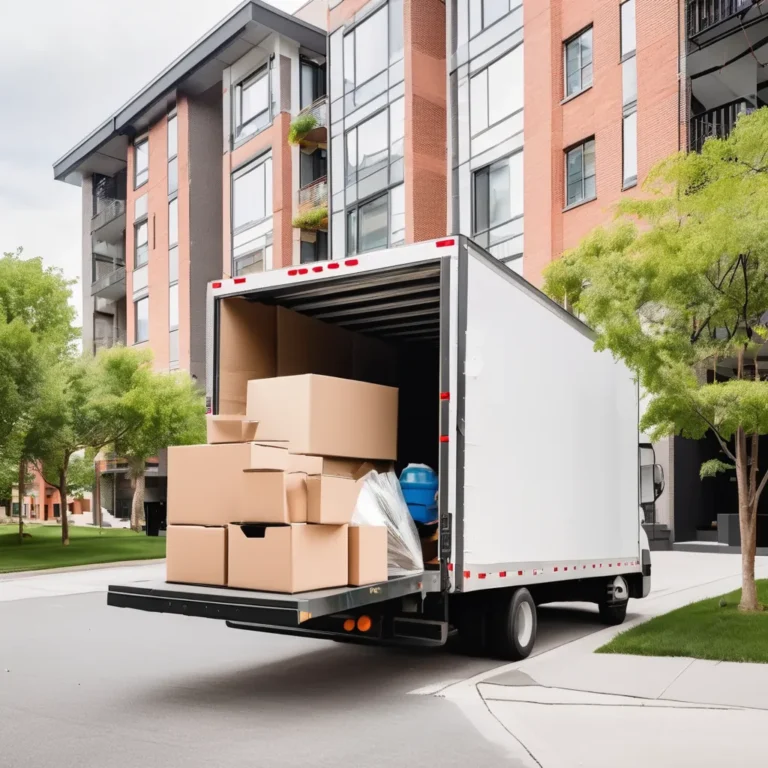Apartment Moving Etiquette: 8 Unwritten Rules for Multi-Unit Buildings
Moving in or out of an apartment can be chaotic, but one mistake could frustrate your neighbors before they even get to know you (or before you say goodbye).
Multi-unit buildings have shared spaces, tight schedules, and rules that aren’t always posted but are expected to be followed.
Want a smooth transition without upsetting your neighbors or violating building policies? Follow these eight unwritten rules of apartment moving etiquette.
1. Notify Your Landlord and Neighbors in Advance
Before you start hauling boxes, ensure your landlord and property manager know your moving plans. Most leases require a notice period, and neglecting this can result in unexpected fees or complications. Giving advance notice allows building management to prepare for your move and keep the process smooth.
It’s also courteous to inform your neighbors. A simple heads-up about moving dates lets them anticipate a little extra noise or hallway activity. It’s an easy way to maintain good relationships and avoid frustration.
2. Reserve Elevators and Parking if Necessary
Many apartment buildings have service elevators or designated loading zones for moving days. Check your building’s policies and reserve these spaces in advance if necessary. Doing so prevents conflicts with other residents and ensures you have the necessary tools to move efficiently.
Be mindful of time limits when using shared resources. Sticking to your reservation slot prevents others from unnecessary delays, keeping the moving process fair for all residents.
3. Be Mindful of Noise Levels
Moving can be noisy, but that doesn’t mean it should disrupt everyone’s peace. Avoid excessive volume during early morning or late-night hours, when most people are resting. If your move requires dragging furniture or heavy lifting, try to plan it during reasonable daytime hours.
Keep music, conversations, and other moving-related sounds at a low volume, especially in hallways. Noise carries in apartment buildings, and a little consideration goes a long way.
4. Protect Common Areas from Damage
Nothing annoys apartment managers more than scuffed walls and scratched floors from an inconsiderate move. Use protective coverings like furniture blankets, floor runners, and padding to protect elevators, hallways, and door frames. Being proactive prevents unnecessary damage that you could be charged for later.
If an accident happens, report it immediately. Ignoring damages could lead to bigger issues with building management or even disputes over your security deposit.
5. Dispose of Moving Trash Responsibly
Moving creates a lot of waste—from cardboard boxes to packaging materials and broken furniture. Instead of piling everything in communal dumpsters or hallways, break down boxes and follow building waste disposal guidelines. If your building requires a special pickup for large items, schedule one accordingly.
Whenever possible, recycle your moving materials. Not only does this cut down on clutter, but it also helps the environment.
6. Be Courteous to Movers and Building Staff
Whether you’ve hired professional movers or enlisted the help of friends, treating those involved with respect is key. Inform movers about building rules beforehand, such as elevator restrictions or parking regulations, to avoid last-minute confusion.
Say thank you to building staff and consider offering a small tip to the movers if they’ve provided excellent service. Additionally, be aware of where movers park and where they place items to avoid blocking entrances or pathways unnecessarily.
7. Don’t Hog Shared Spaces and Hallways
Apartment hallways, lobbies, and stairwells are shared spaces, which means they shouldn’t be overtaken by your moving process. Avoid stacking furniture or boxes in common areas for extended periods.
Efficiency is key—transport items promptly without leaving them scattered. If possible, stage your belongings in a way that minimizes disruption to other residents.
 8. Say a Proper Goodbye (or Welcome) to Neighbors
8. Say a Proper Goodbye (or Welcome) to Neighbors
Apartment buildings thrive on a sense of community, so consider taking a moment to say goodbye if you’re moving out or introduce yourself if you’re moving in. A quick farewell to long-time neighbors shows appreciation for the time you’ve shared in the building.
New in the building? A simple greeting to your neighbors helps start on the right foot. Don’t forget to update your address and return any keys or fobs to management to ensure a seamless transition.
Conclusion
Apartment moves don’t have to be stressful for you or the people around you, as long as you handle them with courtesy. Following the unwritten rules of apartment moving etiquette keeps you in good standing with building management and your neighbors. Small acts of consideration go a long way in maintaining a positive living environment.
As Emily Post, an authority on etiquette, once said, “Manners are a sensitive awareness of the feelings of others. If you have that awareness, you have good manners, no matter what fork you use.” The same rule applies when moving—awareness and consideration make all the difference.
“`














